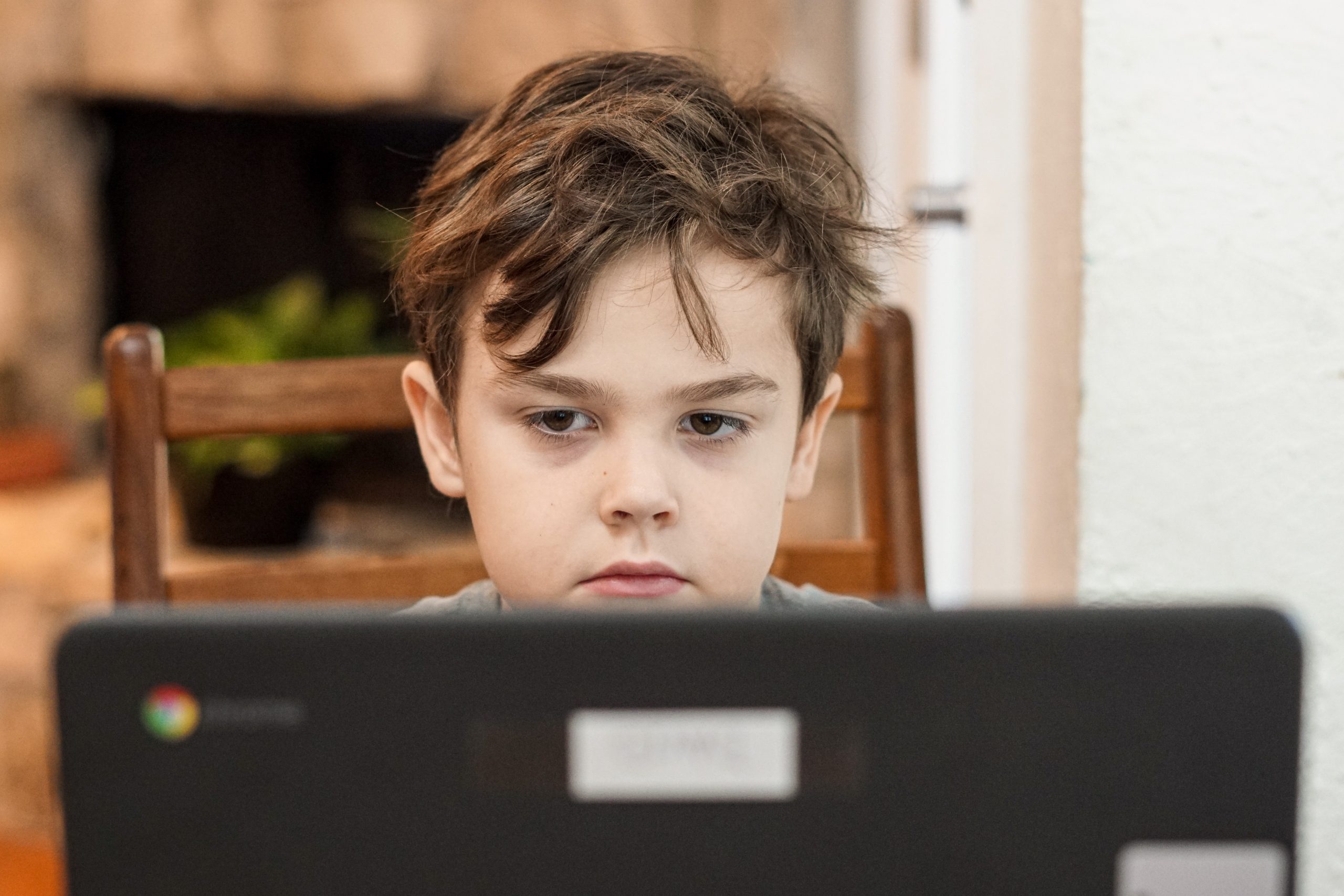Many schools have reopened for in-person learning with social distancing stipulations, although most larger, urban school districts remain remote-only for the foreseeable future. Some schools opened then quickly closed.
Pandemic pods continue to sprout, as families try to figure out ways to balance learning and working while offering their children much-needed social interaction. More families are choosing independent homeschooling, but that too looks unfamiliar this fall with many libraries and museums closed and in-person homeschool classes and activities less abundant.
It’s the start of a very strange academic year for everyone.
The COVID-19 pandemic has dramatically disrupted every layer of the education sector, from early childhood through higher education. Some of this disruption is good and will hopefully lead to lasting change in expanding families’ education options. Some of it is bad, such as creeping government control. Some of it is just plain ugly. Here are a few highlights of the good, bad, and ugly in back-to-school 2020:
The Good: Less Regulation
The pandemic prompted government officials to loosen regulations in some sectors, notably healthcare, to allow individuals and organizations to more quickly adapt to virus-related circumstances. For instance, some states lifted licensing requirements that prevented healthcare workers licensed in one state from working in another.
Now in education, we are seeing similar deregulatory patterns that will hopefully remain post-pandemic. In Pennsylvania, part-time program providers, such as summer camps and sports camps, can expand their offerings. Previously, these providers were limited in the type and duration of programming they could offer. Similarly in Massachusetts, afterschool programs can now offer daytime programming, and licensed daycare providers can immediately begin providing care to older children.
States that loosen such regulatory restrictions will help more families to access care and learning options this fall, but these recent actions expose a much more important question: Why did these regulations and restrictions exist in the first place? It seems like common sense that an afterschool program should be able to offer daytime programming and that summer camps should be able to offer camps and classes during the other three seasons as well. Parents should applaud these deregulatory actions while being reminded that their states should never have imposed these regulatory hurdles in the first place.
The Bad: More Regulation
Even as states attempt to reduce regulations in some areas of education, they are adding more regulations in other areas. For example, Pennsylvania and Massachusetts may have rolled back some of the constraints on education providers, but they also added new layers of regulation, specifically for parents participating in “learning pods.” In Pennsylvania, pod families must now comply with various regulations, including developing a COVID-19 safety plan, an evacuation plan, and a fire safety plan while also completing related state forms. In Massachusetts, pod families are expected to limit the number of pod participants, ensure certain student-adult ratios, and register their pod with their local officials. They can hire a tutor, but pod parents can’t get paid.
The absurdity of these pod rules goes without saying, particularly when you consider that in many cases these pod families are already friendly and may gather together socially. Now, the government seems to feel the need to monitor the health and safety of these playdates.
It is important to point out that these new pod regulations apply to students who are currently enrolled in a school and, therefore, are forced to comply with the policies and procedures of that school or district. In these instances, pod families are often connecting in small groups to allow their children to participate together in a school’s remote learning program. For the thousands of families who have opted-out of schooling for independent homeschooling this year, the opportunity to gather with others for playdates, pods, co-ops, activities, and classes is much less restrictive.
The Ugly: Hide Your Nerf Guns
The added regulation on pod families reveals the desire of school and state officials to maintain control of children’s education—even when it occurs online at home. This might explain why a 12-year-old boy in Colorado was suspended from school last week for playing with his toy “Zombie Hunter” Nerf gun on his couch during his remote schooling.
According to The Washington Post, the boy’s teacher notified the school’s vice principal, who notified police officers. The police then showed up at the boy’s home and told the boy’s father that if the child “brought a toy gun to school, they could file criminal charges.”
The boy, of course, didn’t bring a toy gun to school—he was in his own home playing with what was obviously a plastic Nerf gun—but that didn’t change the school’s policies toward toy guns. The Post reports that the school issued the following statement about the incident and the child’s suspension: “Safety will always be number one for our students and staff. We follow board policies and safety protocols consistently, whether we are in-person or distance learning.”
This is a crucial reminder for parents. Just because your children may be learning at home, if they are still enrolled in a school they are fully in the clutches of school authorities and their often-arbitrary regulations. Nerf gun owners beware.
It is just the beginning of what is sure to be a wild season filled with good news, bad ideas, and ugly revelations about American education. Hopefully, the positive changes and trends continue, as parents demand more autonomy and freedom from pointless policies.




